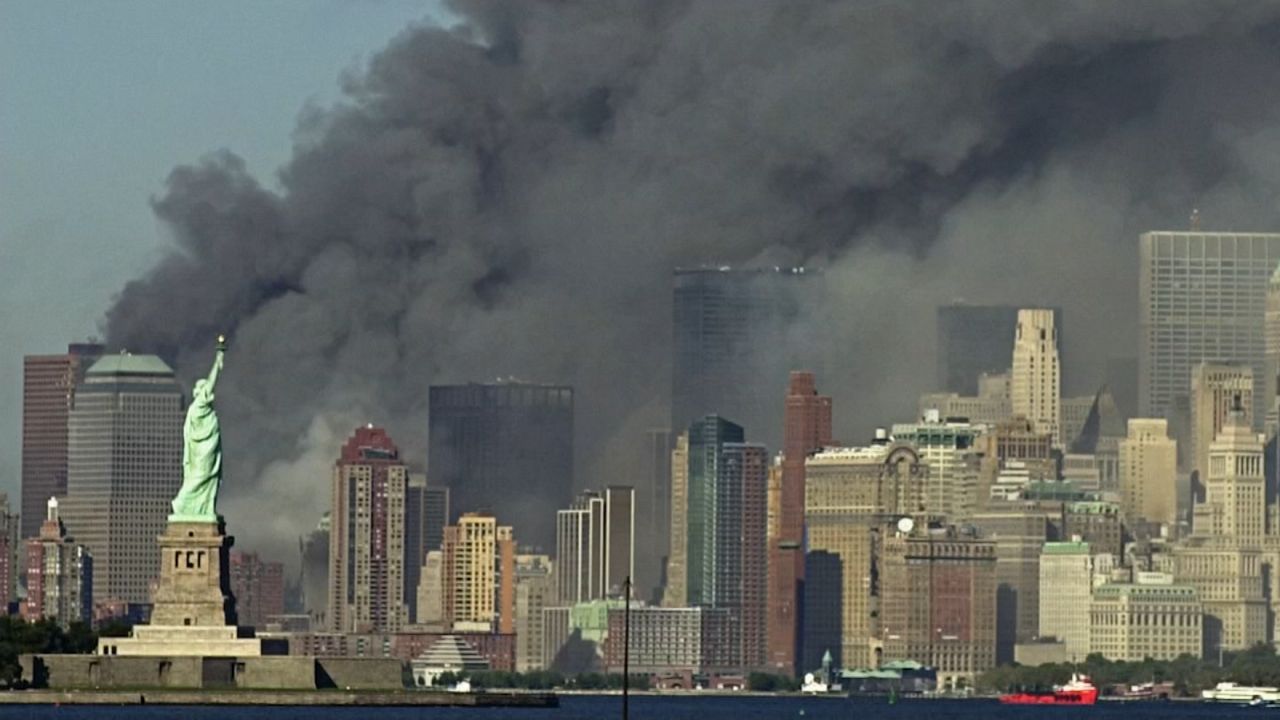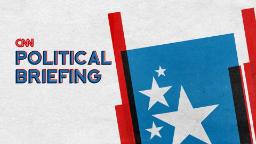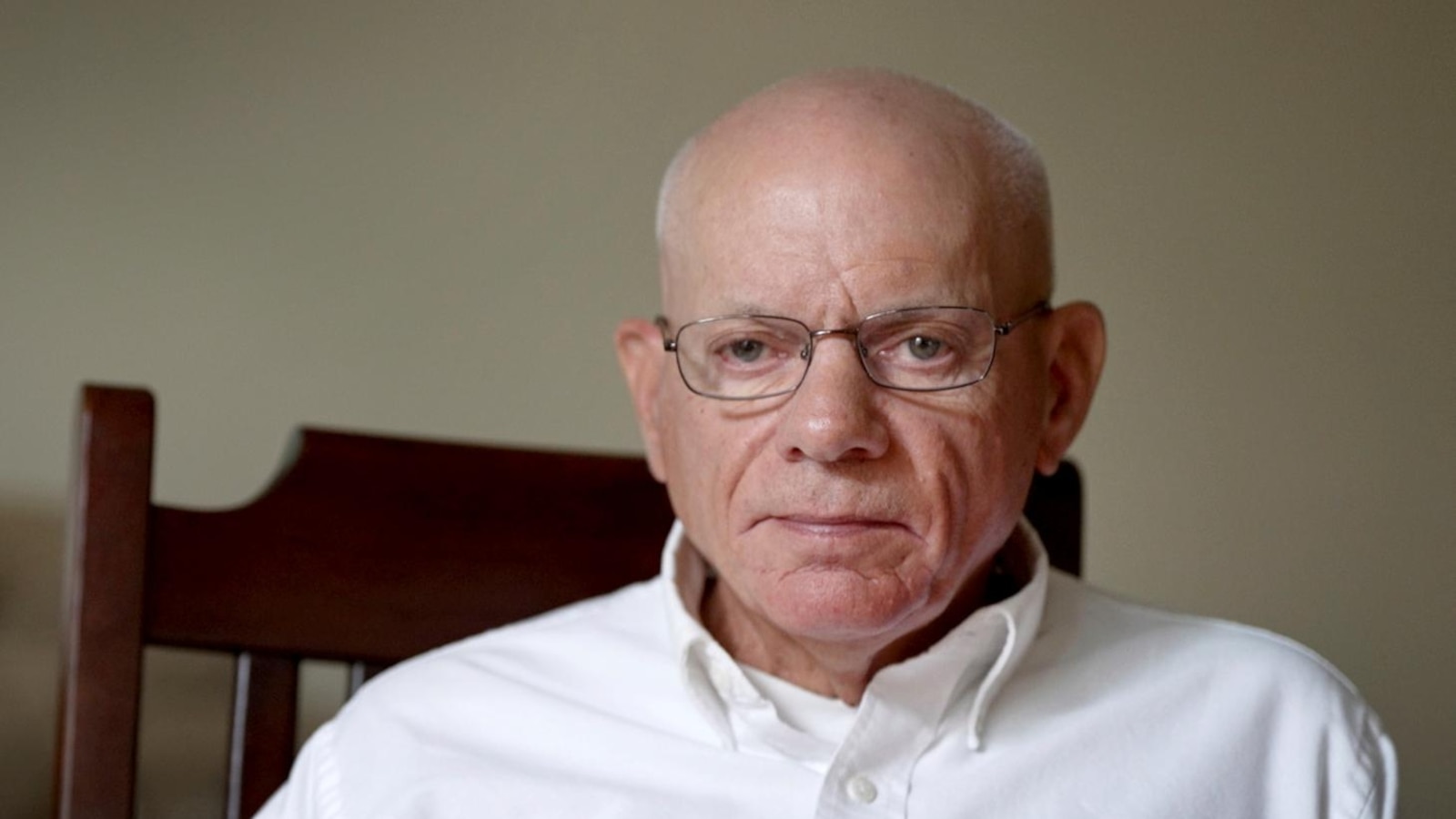In Lower Manhattan, there are two memorials that represent where the World Trade Center once towered over the rest of the city. And around those sites are the names of the 2,753 people who died there more than 23 years ago.
But in those near 24 years, this has become a reality, too.
“More people have died after 9/11 than on the attack,” said Bridget Gormley.
She, unfortunately, understands this statistic first-hand. In 2017, Gormley’s dad, New York City firefighter Billy Gormley, died from bladder cancer.
It’s one of the several dozen diseases now connected to the toxic dust so many New Yorkers breathed in Lower Manhattan after the September 11 terrorist attacks.
Tens of thousands of people have gotten sick. People continue to pass away from these illnesses.
“What a lot of people don’t realize is that 9/11 didn’t end on 9/11,” said Gormley.
More people are learning that at the 9/11 Memorial Museum, thanks to one of its newest exhibits.
It’s called “Dust: Illness and Advocacy After 9/11.” The newest exhibit has been years in the making, according to museum president Elizabeth Hillman.
People can see the toxins tested; the lives the dust destroyed; the long fight to get funding to support these victims.
“I think the more we can learn from the way government responds and people respond to the aftermath of catastrophe, it helps us understand what kind of accountability we should anticipate in the future,” said Hillman.
The response to the air quality downtown has come under scrutiny.
In the days after the terrorist attacks, Christine Todd Whitman, the head of the U.S. EPA at the time, declared the downtown air safe. It’s something she apologized for years later.
But the air quality testing was not just a federal response.
Last year, several city agencies were sent an extensive 28-part public records request for documents on things like testing done, daily updates provided to then Mayor Rudy Giuliani, and when to re-open parts of Lower Manhattan.
This summer, NY1 reported that both New York City Emergency Management and Department of Environmental Protection, or DEP, responded, both saying they have no documents.
Emergency Management didn’t respond to NY1’s request for comment. DEP referred NY1 to City Hall, where a spokesperson said that the response “would require extensive legal review to identify privileged material and liability risk.”
That is not the same as having no documents.
“Well, look, if they’re violating [Freedom of Information Law], that’s a big problem,” said Rep. Dan Goldman, the democrat who represents Lower Manhattan. “That’s illegal.”
When asked if he believes the city is violating the law regulating the release of public documents, he said he didn’t know yet.
“I don’t know enough of the details,” he said, before elaborating. “But what – if in fact their responses that there are no documents and yet there – the documents do exist and there are some documents related to this, and I’d be very surprised if there are not, that is a violation of FOIL.”
Goldman wrote a letter with Rep. Jerry Nadler this year, imploring the city to release the files.
“There’s an ongoing need, a public health need to understand what was in the air at that time which will help doctors and medical professionals treat survivors,” he said.
But then there’s the issue about why that spokesperson in the mayor’s office said the city is not turning anything over because of potential privilege and liability.
While privilege is a FOIL exemption, liability is not, according to Cory Morris, a lawyer who has battled the city several times over public records.
“The exemptions are clear,” he said.
While he said some documents and files could be redacted with good reason, a total denial?
“I’m at a loss for words,” he said.
There’s been a lawsuit filed to get these documents from DEP already. But the fight, Morris said, may only be just beginning.
“I think this will drag on for years and it shouldn’t,” he said.


